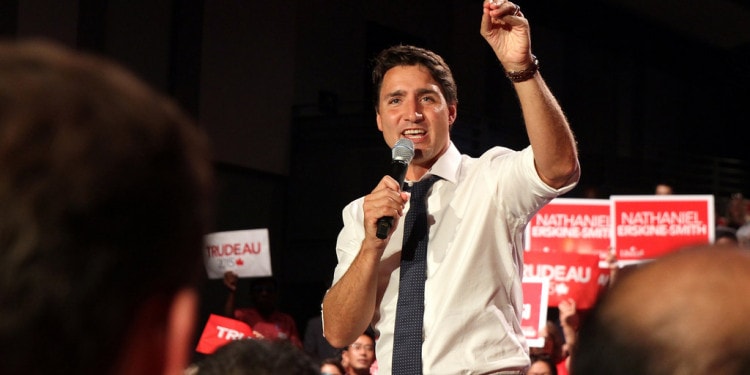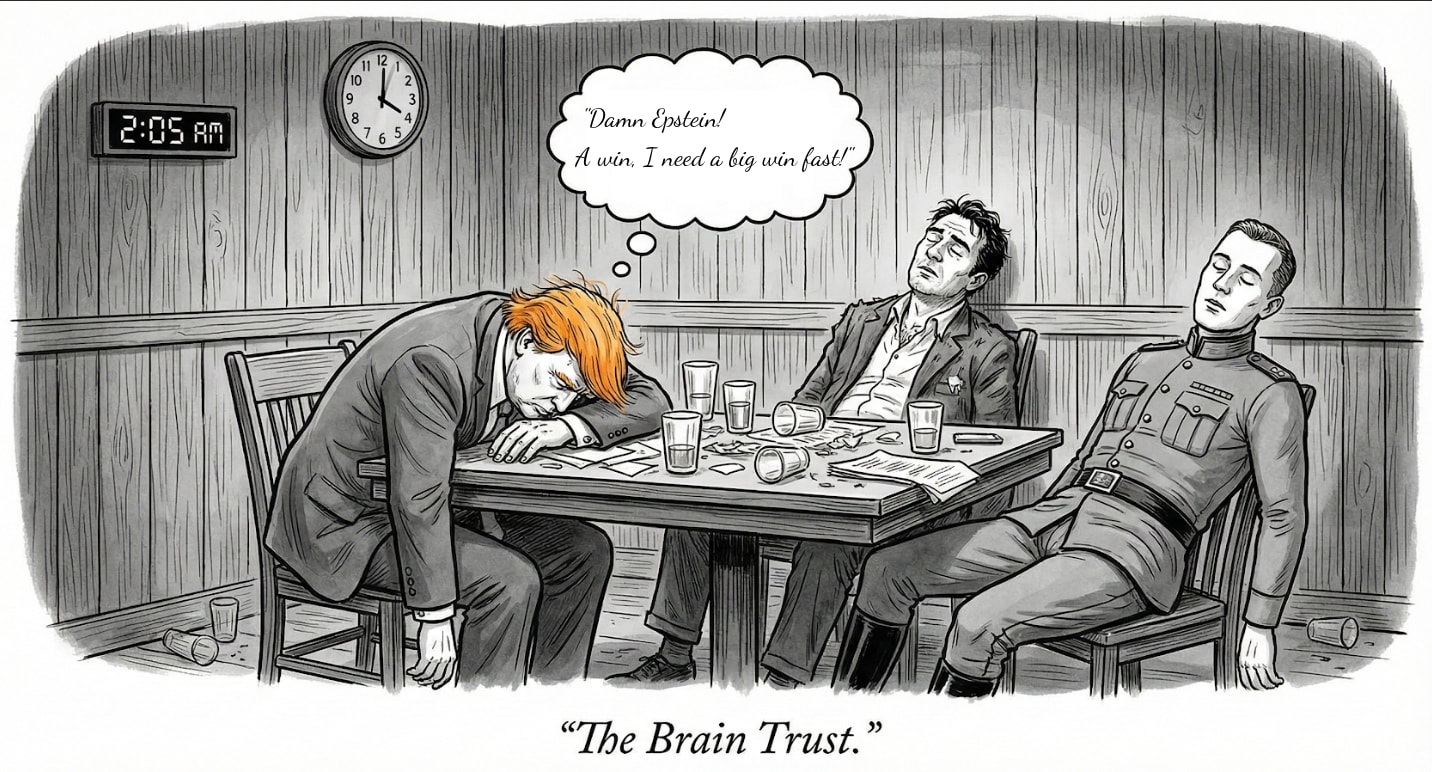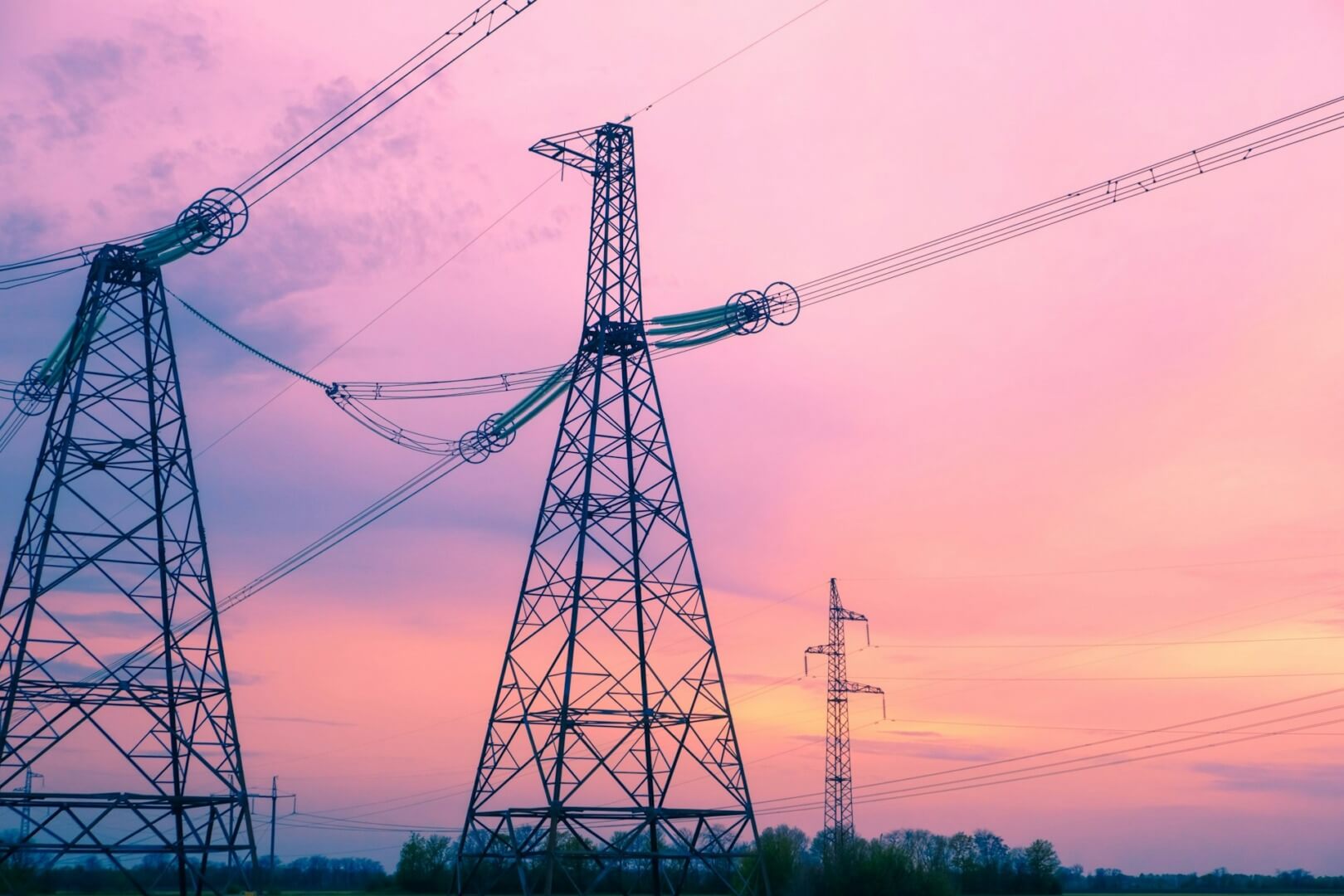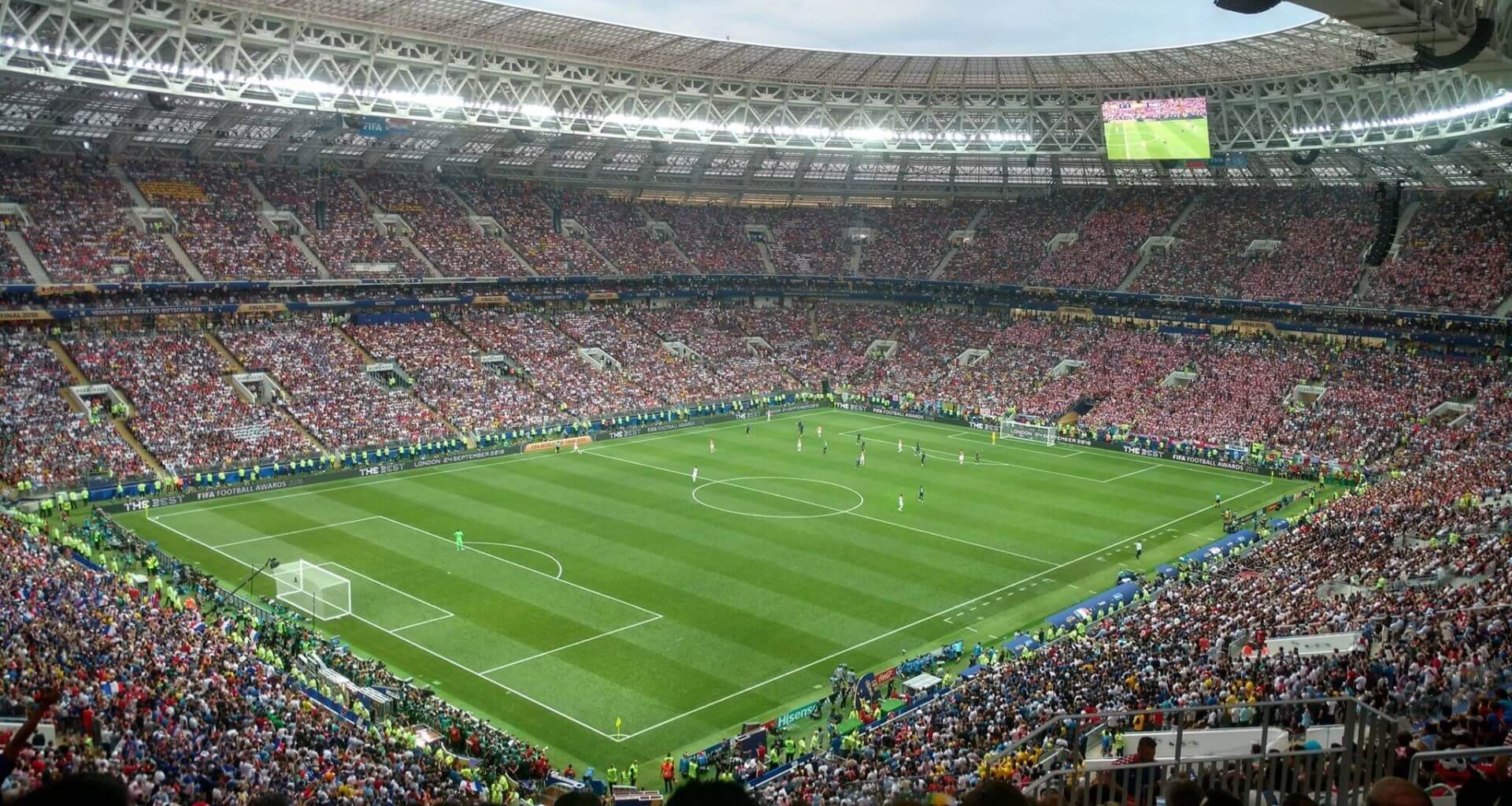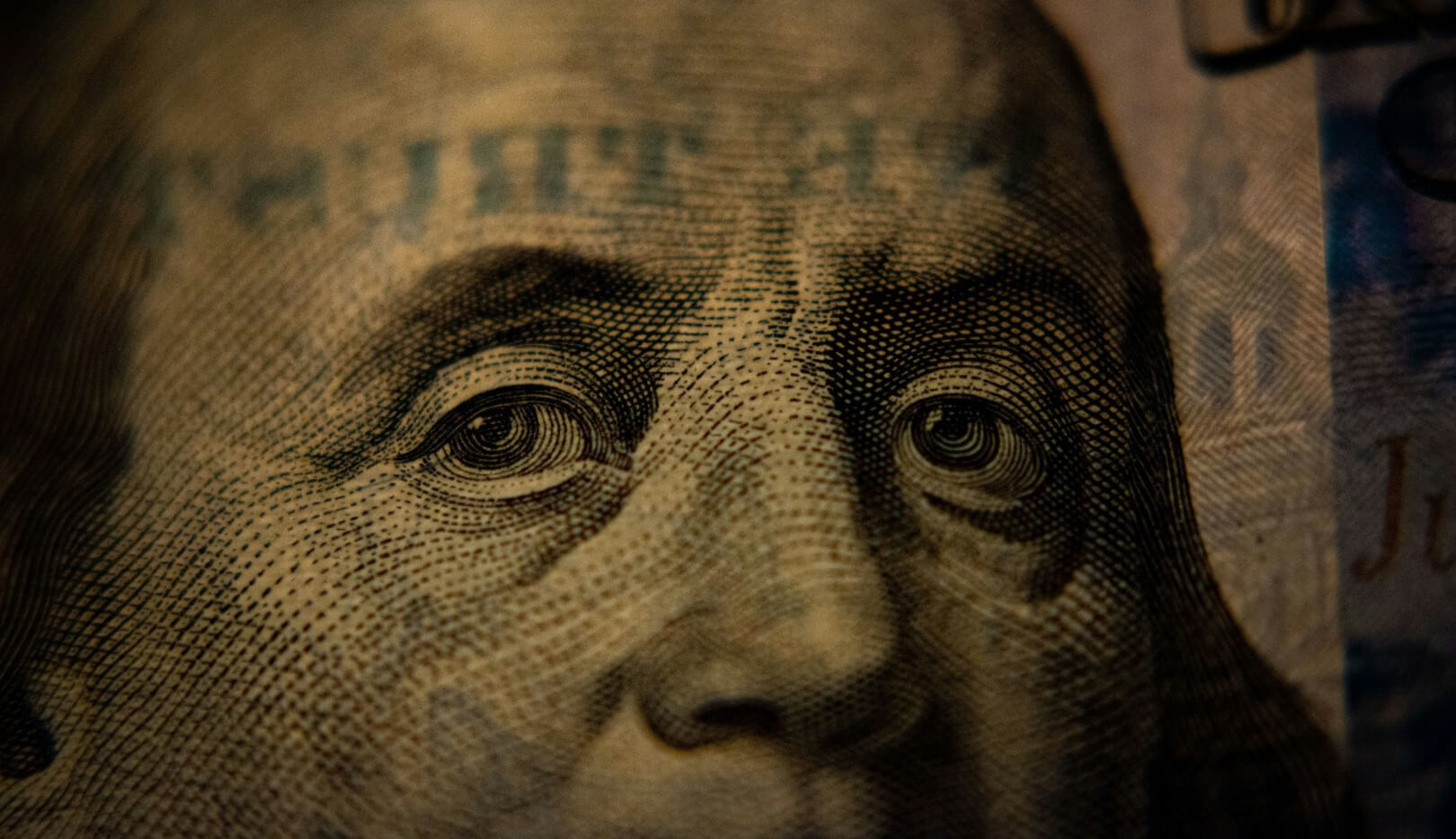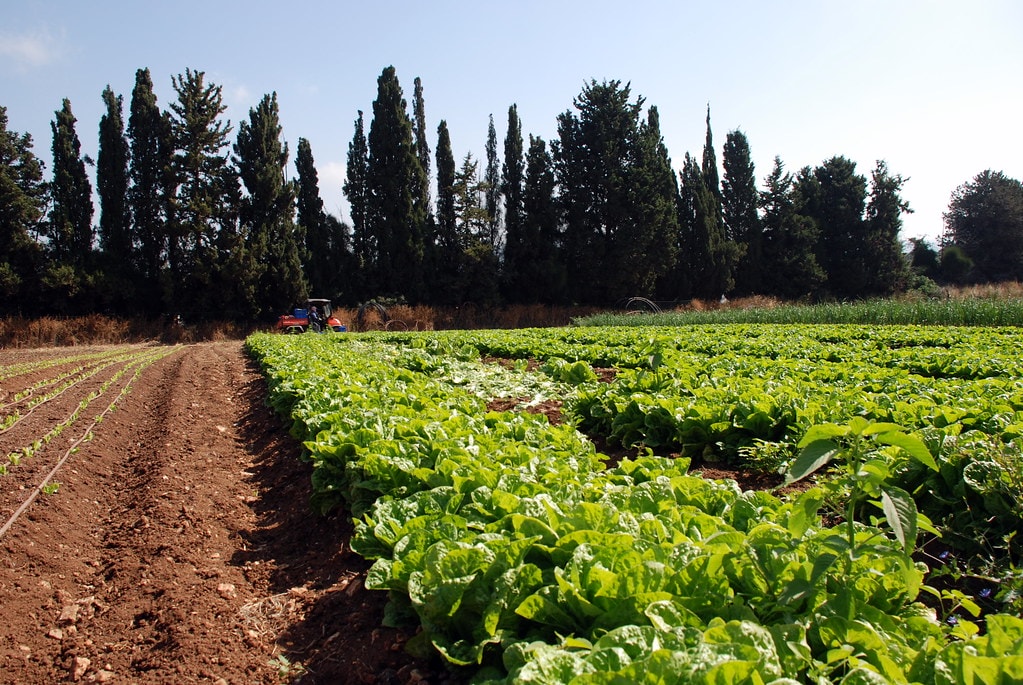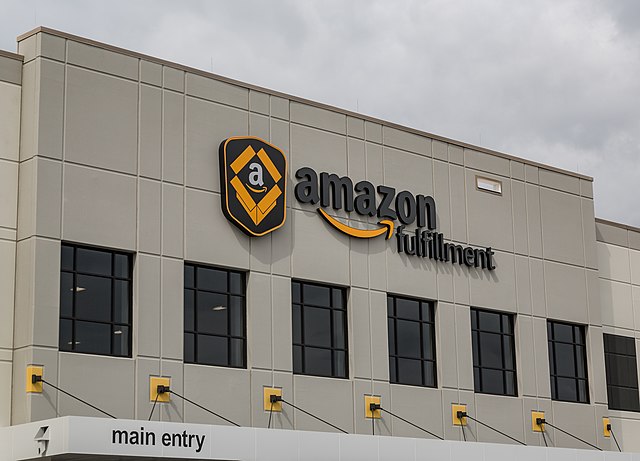After Canadian voters hit the polls on October 21, Justin Trudeau will serve his second term as Prime Minister – this time with a minority government. The Liberal Party won 157 seats in Parliament, leaving them 13 seats short of a majority. In the tight race against him was Andrew Scheer of the Conservative Party. While Scheer won the popular vote, it did not translate into seats. That said, his party will be a strong opposition in Parliament with 121 seats. The New Democratic Party (NDP) have 24 seats, the Bloc Québécois have 32 seats, and the Green Party have 3 seats in the 338-seat House of Commons. Bernier of the populist People’s Party of Canada lost his seat and his party will have no presence in Ottawa.
When Trudeau first ran in 2015, he was a beacon of change. He excited the nation with his progressive policies and defeated three-term Conservative Prime Minister, Stephen Harper. Despite his win on Monday night, Trudeau’s popularity has plummeted. Throughout his first term, he was criticized for his inability to follow through and deliver on his policies. It did not help that in the last year, he faced a string of scandals: the family vacation on the Aga Khan’s private island, the improper pressuring of the attorney general in the SNC-Lavalin affair, and the recent blackface scandal to name a few.
Related: Canada Election: Four leaders | The Green Journey in Canada | Canada’s Oil Pipeline Crisis | Going green in Canada
It is these scandals that have caused some to criticize Scheer for not effectively capitalizing on the opportunity to win the title. To do so, he would have had to expand beyond the Conservative base and win votes in Eastern and Central Canada. While Scheer assures his supporters that he will carry on leading the party, he will face a leadership review next April.
Reflecting on the lack of unity within government, the nation is facing greater divide with threats of separatism and regional alienation. In his victory speech, Trudeau promised to “govern for everyone” and thanked his supporters for choosing a “progressive agenda and strong action on climate change”.
It was his government that first imposed a nation-wide carbon tax, in step with his goal for Canada to be carbon neutral by 2050. However, not everyone is happy with this renewed focus on climate change. Matching the Liberals’ loss of all their seats in Alberta and Saskatchewan, #Wexit began trending in support of the Western Canada separatist movement.
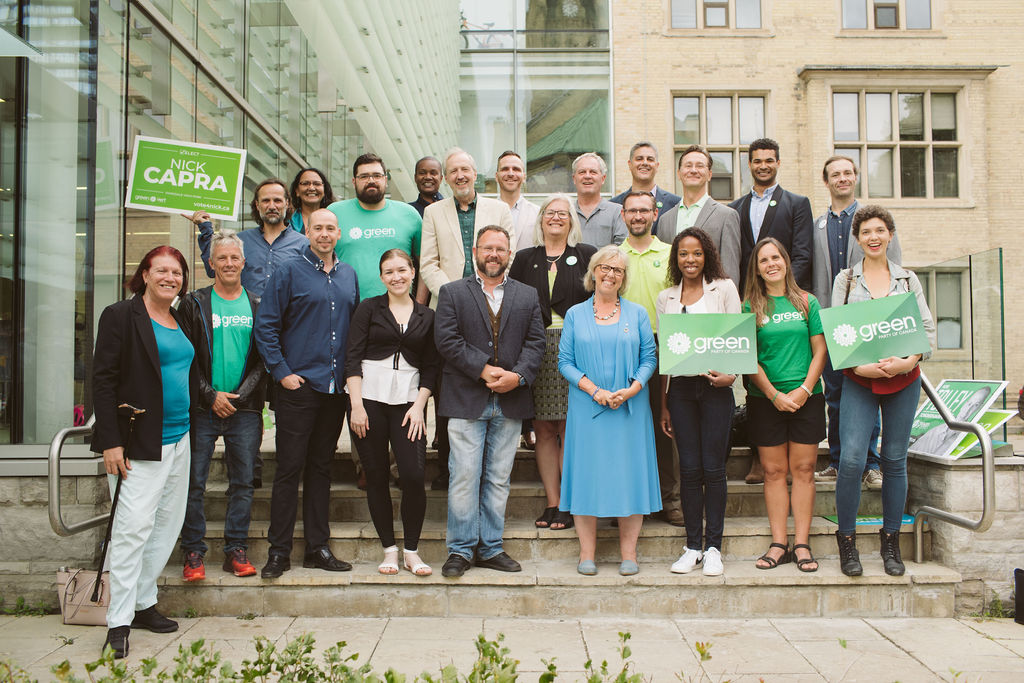
Provinces such as Alberta are heavily dependent on oil and energy production. Albertans were first optimistic about Trudeau’s first election because of his promise to improve the pipeline network, but the lack of progress has left Westerners frustrated with their limited regional representation at the table.
What all of this means for Canada’s policies is unknown. Minority governments typically last two years before losing a confidence vote on fiscal-related issues.
For his second term, Trudeau will need to join forces with other parties to pass legislation through Parliament. As a likely relationship will form between the Liberals and the left-leaning NDP, Trudeau’s next term will involve compromise. He will have to find a way to balance the NDP’s opposition to key energy projects while addressing the growing frustration in the West.
EDITOR’S NOTE: The opinions expressed here by Impakter.com columnists are their own, not those of Impakter.com. Photo Credit: Alex Guibord


